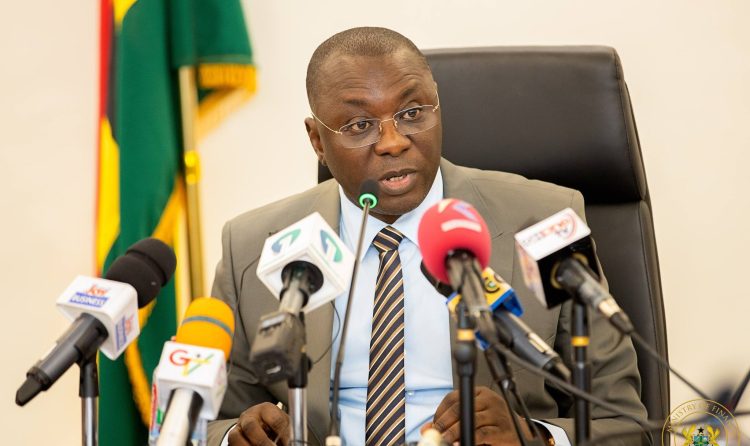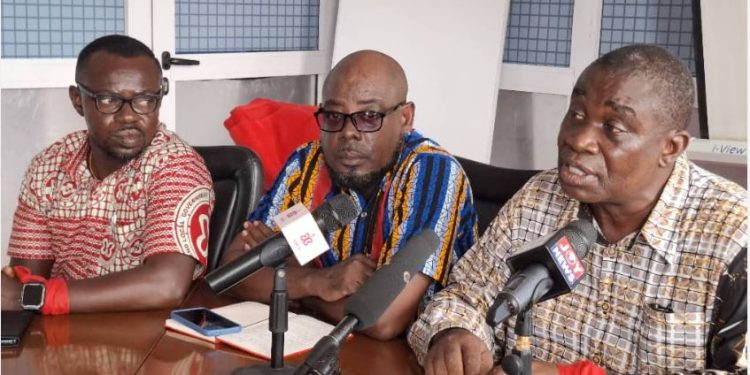Journalist and lawyer Ken Kuranchie has formally petitioned President Nana Addo Dankwa Akufo-Addo to dismiss Special Prosecutor Kissi Agyebeng, citing serious allegations of misconduct and incompetence.
Kuranchie’s petition asserts that Agyebeng’s recent actions, including reportedly enlisting the U.S. Federal Bureau of Investigation (FBI) to investigate staff within the Office of the Special Prosecutor, represent a troubling overreach that could infringe on both the mandate of the office and the rights of its employees.
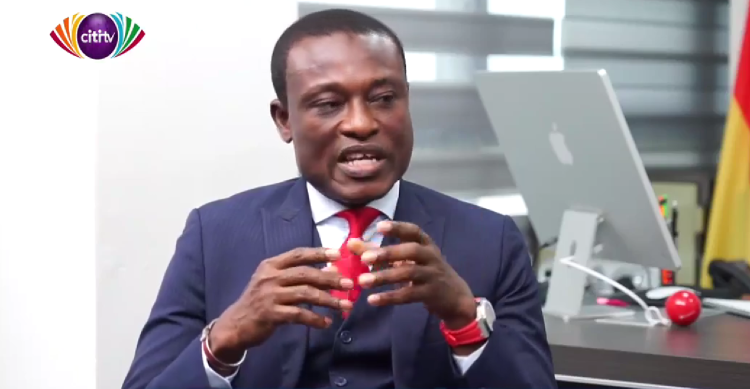
At the heart of Kuranchie’s complaint are claims that Agyebeng acted without requisite approval from the Special Prosecutor’s Board or any documented governmental authorisation before bringing in the FBI around March 2024.
Kuranchie contends that this unauthorized decision allowed FBI officials to interview over 200 employees, collect sensitive data, and conduct assessments,all actions he argues contravene Ghanaian data protection laws and employee rights regulations.
Kuranchie’s petition, filed under Section 15(1) of the Special Prosecutor Act, Act 959 of 2017, calls for Agyebeng’s removal on grounds of “stated misbehaviour or incompetence.”
This section of the law outlines the legal framework by which the President may remove a Special Prosecutor if allegations of misconduct, incompetence, or abuse of office are substantiated.
Kuranchie’s filing further asserts that the Special Prosecutor’s alleged reliance on foreign agencies for internal investigations undermines the independence and self-regulation expected of Ghana’s anti-corruption body, which was specifically established to operate within the boundaries of national jurisdiction.
The petition raises broader concerns about autonomy, procedural integrity, and accountability within the Office of the Special Prosecutor.
According to Kuranchie, Agyebeng’s decision to involve a foreign agency is a violation of both ethical and procedural standards, as well as a troubling precedent that could compromise Ghana’s sovereignty by involving external actors in internal affairs.
Kuranchie also raises questions about transparency, claiming that the lack of documented approval or formalized authorization points to a significant lapse in accountability.
This absence of oversight, he argues, not only threatens the integrity of the Office of the Special Prosecutor but could also erode public trust in Ghana’s anti-corruption efforts.
In light of these concerns, Kuranchie’s petition underscores the importance of safeguarding Ghana’s legal institutions from unauthorized foreign influence, advocating for a swift response from the President to preserve the independence and credibility of Ghana’s anti-corruption framework.













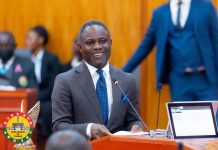

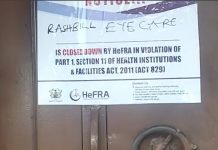
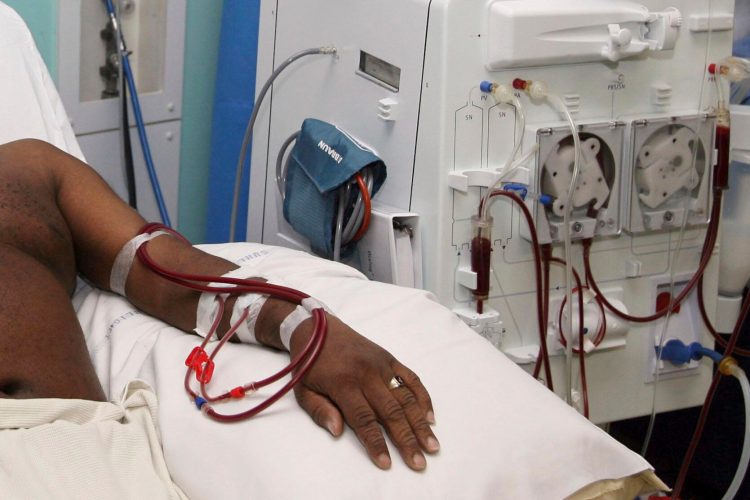
















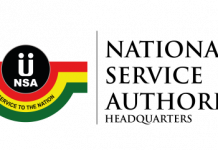

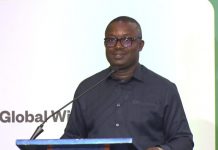



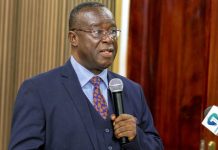

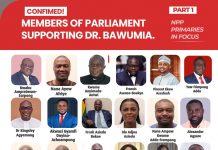









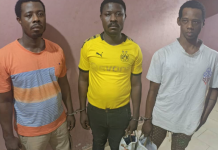
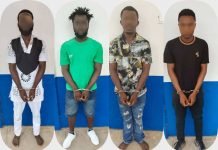


![[FREE FREE MONEY] Predict and Win a Guaranteed GH¢200 From Us EVERY WEEK](https://wordpress.ghanatalksradio.com/wp-content/uploads/2022/02/Predict-and-Win-Final-09-03-2021-218x150.jpg)
![[Predict & Win – 8th/Oct.] WIN A Guaranteed ¢200 From Us This Week](https://wordpress.ghanatalksradio.com/wp-content/uploads/2021/10/maxresdefault-16-218x150.jpg)
![[Predict & Win – 2nd] WIN A Guaranteed ¢200 From Us This Week](https://wordpress.ghanatalksradio.com/wp-content/uploads/2021/09/maxresdefault-50-218x150.jpg)
![[Predict & Win – 25th] WIN A Guaranteed ¢200 From Us This Week](https://wordpress.ghanatalksradio.com/wp-content/uploads/2021/09/maxresdefault-36-218x150.jpg)
![[Predict & Win – 18th] WIN A Guaranteed ¢200 From Us This Week](https://wordpress.ghanatalksradio.com/wp-content/uploads/2021/09/maxresdefault-23-218x150.jpg)

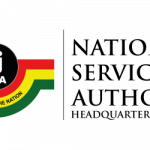






![[National cathedral] See full list of churches that have contributed since 2018](https://wordpress.ghanatalksradio.com/wp-content/uploads/2020/09/Ghana-National-Cathedral-GhanaTalksRadio-100x70.jpg)
